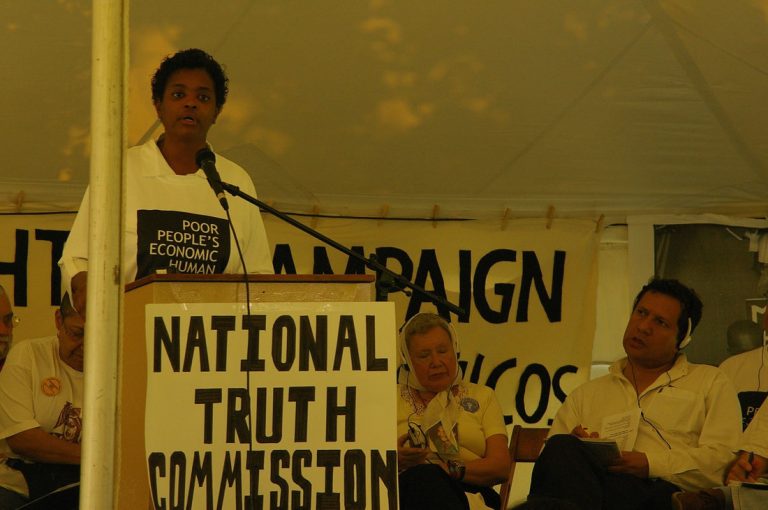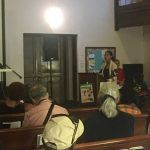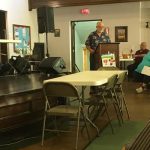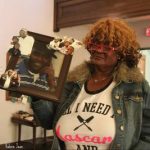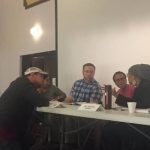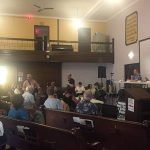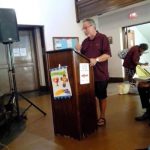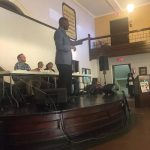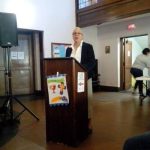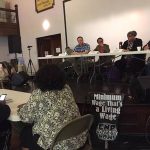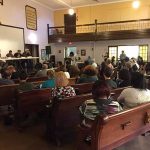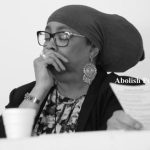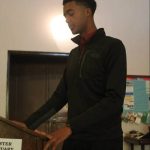CLEVELAND TRUTH
COMMISSION
Held on October 1, 2017 in Ohio City, the Truth Commission featured testimonies from over 20
Community members.
Truth & Reconciliation Commissions
Truth and Reconciliation Commissions are global tools aimed at inspecting a given history and expressing it in a raw and truthful manner. Commissions seek to strip history from its colloquial sense, erase the impact of popular propaganda, and present it plainly and simply. The question we ask is a simple one: what really happened?
Worldwide, these Commissions have been instrumental into bring to light various injustices committed and covered up during periods of civil unrest. Notably, South Africa’s Truth and Reconciliation Commission was tasked with understanding the aftermath of Apartheid. It is one of dozens of like commissions instigated by countries ranging from Panama, to Germany, to Canada.
Beyond presenting a factual narrative, truth commissions around the world have sought to implement a transitional form of restorative justice. As opposed to the retributive justice common to the criminal justice system, truth commissions do not seek punishment as their means of justice. Rather, they explore proactive policy changes and programs that can correct the wrongs and injustice moving forward. Restorative justice seeks to unite the oppressed and the oppressors on the common ground of their national identity and shared humanity, and heal the past wounds without reopening the scars.
This is the reconciliation aspect of the Truth and Reconciliation Commission. The process of reconciliation involves an acceptance of the truthful account of events, with no attempt to hide or modify an unscrupulous past. It must be accepted that some have blood on their hands, and they cannot wear gloves. In reconciliation, we cannot run from an unsavory past; rather, we accept and move past it, focusing on how we can implement new procedures to prevent and correct any past injustices. In reconciliation, a nation comes together.
The Cleveland Truth Commission of Poverty, held in 2017, was modeled as an extension of these historic Truth and Reconciliation Commissions. It’s goal was to expose the history and conditions of Poverty right here in Cleveland, and to do so without partisan bias or so called media-spin. Truth would speak for itself, and it would be found in the testimony of people with first-hand experience of Cleveland Poverty.
The Cleveland Commission was held as part of a national initiative centered on poverty called the Poor People’s Campaign. Initially started by Rev. Martin Luther King Jr., the campaign has been revived and reinvigorated, celebrating its 50th anniversary the summer of 2018. Read more about the Poor People’s Campaign here.
The 2017 Cleveland Truth Commission on Poverty
The event put poverty on trial and featured over 20 personal testimonies from local low-income individuals telling their stories involving environmental degradation, housing, quality education, healthcare, living wage jobs, and criminalization of the poor.
The testimonies were presented to nearly 115 community members and local leaders as well as a panel of commissioners that included Rev. Sala Nola-Gonzales, Maria Smith, Attorney with Legal Aid and Marian Kramer from the Michigan Welfare Rights Union.
